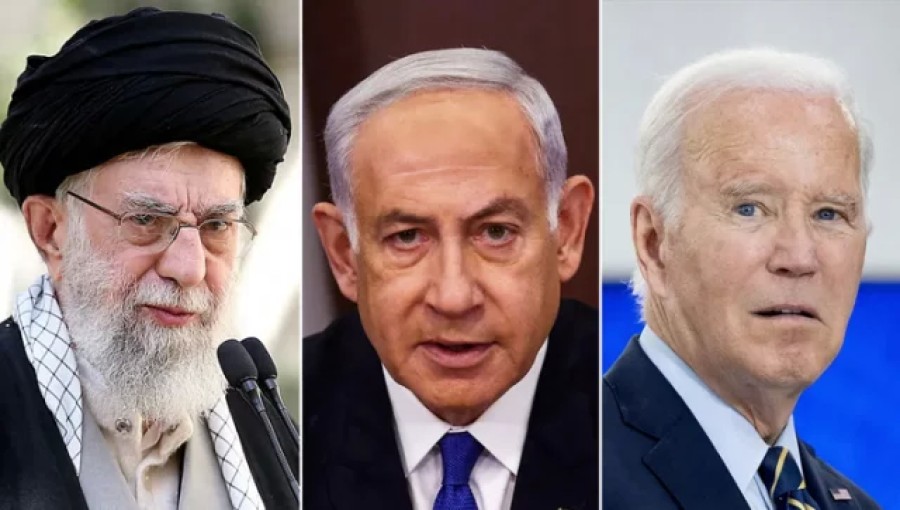In the wake of the Israeli missile strike on the Iranian consulate in Damascus, tensions between Iran and Israel have reached a boiling point, with Tehran issuing a stern warning of retaliatory action. Hezbollah, a Lebanon-based resistance movement, echoed Iran's sentiments, emphasizing that an inevitable response was on the horizon.
According to reports, Iranian Supreme Leader Ayatollah Ali Khamenei, alongside other leaders, will determine the timing, location, and intensity of Iran's retaliatory strikes. As anticipation mounts, both Israel and its ally, the United States, have heightened their alert levels, bracing for potential reprisals.
US officials, speaking on condition of anonymity, confirmed that they are closely monitoring the situation and maintaining communication with Israeli counterparts. However, details regarding specific plans remain undisclosed.
The recent Israeli assault on the Iranian consulate, resulting in casualties including IRGC military advisers, has further exacerbated tensions. Iran condemned the attack, asserting its right to respond under international law and the UN Charter.
In response to the escalating threat, Israel has taken proactive measures, including canceling leave for combat units, bolstering air defense systems, and mobilizing reserve troops. Additionally, concerns over potential retaliatory attacks have prompted the temporary closure and evacuation of multiple embassies and consulates worldwide.
The current standoff underscores the deep-rooted animosity between Iran and Israel, fueled by past conflicts and regional power dynamics. With both sides poised for potential escalation, the international community closely watches developments in the volatile Middle East region.





























Comment: